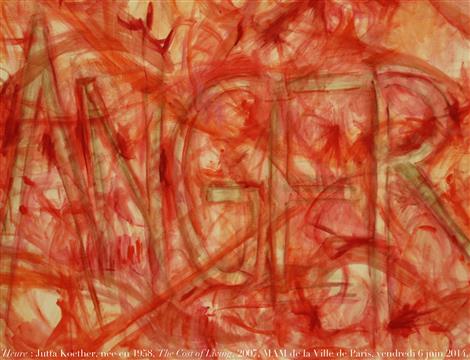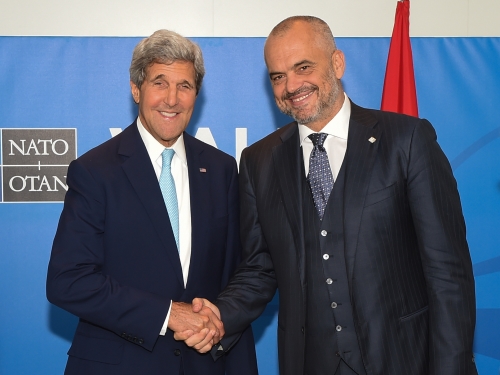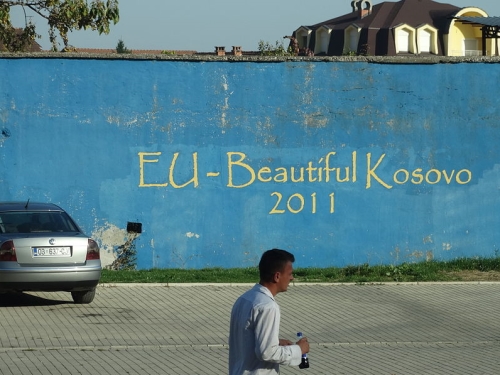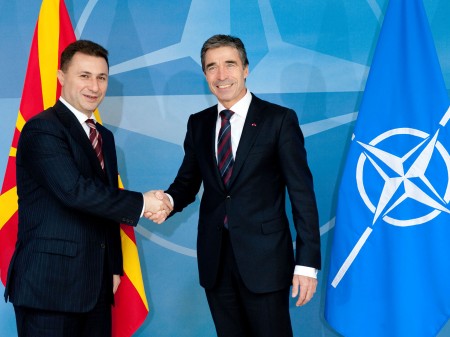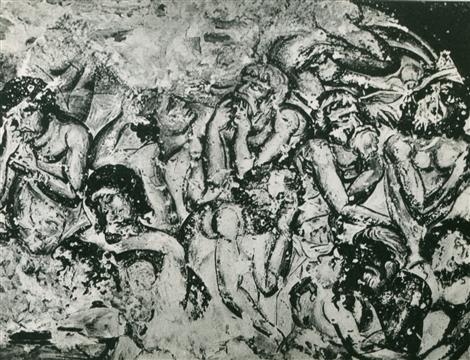
This article was originally published by the Centre for European Policy Studies (CEPS) on 5 May 2017.
In the Global Strategy for the European Union’s Foreign and Security Policy, there is a chapter devoted to “An Integrated Approach to Conflicts and Crises”. It sets out a ‘multi-dimensional’ approach through the use of all available policies and instruments aimed at ‘conflict prevention, management and resolution’. The difficulty of transforming such lofty aspirations into reality couldn’t be more evident than in the ongoing and deepening crisis in Macedonia – an EU candidate country in the heart of the Western Balkans.
The eruption of violence on April 27th was a tragedy waiting to happen. The Parliament building was stormed by an angry mob, which proceeded to viciously attack several MPs from the main opposition Social Democratic Union for Integration (SDSM) party, injuring many, including the party’s leader Zoran Zaev. The attack was preceded by weeks of deep tensions following the early elections that took place in December. It was also the latest in a series of crises and violent incidents that have marked the past years of the government led by the ruling Internal Macedonian Revolutionary Organisation-Democratic Party for Macedonian National Unity (VMRO-DPMNE) party under its leader and former Prime Minister Nikola Gruevski, in power since 2006. Under his leadership the government has pursued an ethno-nationalist and populist agenda resulting in one of the worst reform records in the Western Balkan region.

